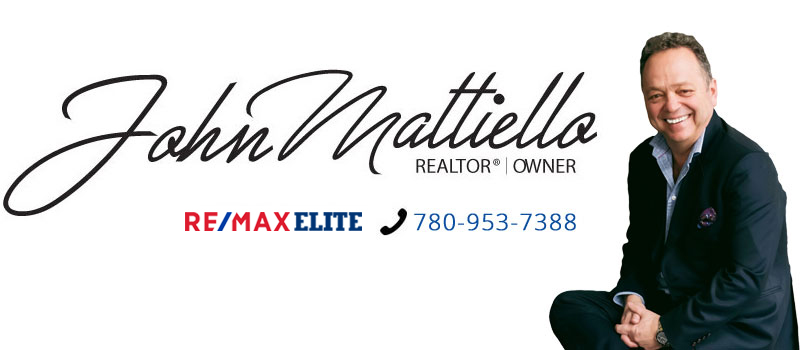How to Buy Commercial/Industrial Properties
Buying real estate is a costly undertaking, and business owners need to exercise due diligence every step of the way. Without proper planning, entrepreneurs can face a host of problems, including inadequate financing, unexpected construction costs, inefficient layout, and environmental lawsuits.
Although real estate costs have shot up in recent decades, it is still usually better to buy than to rent. When you rent, you will be faced with rent increases, but when you buy the property may appreciate in value. Plus, a buyer can deduct the value of a loan, mortgage interest or depreciation in the value of a building from company taxes—something that can't be done when renting.
Here are five key issues to consider for making a successful acquisition.
1 Understand the local real estate marketBefore making a decision on what to buy, entrepreneurs should pay heed to where they're buying. Each local market has its own tax rates, land inventory, and environmental issues. The supply of skilled labour in the area also needs to be considered. 2 Get your financing in order
Affordability is a big issue in commercial real estate today. Before you go to a bank, work with an accountant to determine your budget. Bankers will want to see high-quality financial statements and evidence that the profits you generate are being retained by your company. All of this will play a big role in determining whether you get the commercial real estate loan you want.
Shop around for the best financing package. The interest rate is important, but it’s not the whole story. Other factors, such as what percentage of the purchase a financial institution is willing to finance are equally, if not more, important.
Resist the temptation to sway lenders with overly optimistic forecasts—payment problems down the line can boost costs and reduce your manoeuvring room.
Tax implications can be complex in real estate transactions. That’s why it’s smart to consult an accountant who knows the ins and outs of real estate deals.
He/she will be able to tell you, for instance, whether the purchase should be considered a corporate or personal transaction. Other issues include succession planning, transition financing, and decisions about how assets will be broken up when the business is sold.
4 Plan your layout wellWhether it's an existing building or one you’re renovating, layout has a major impact on operational efficiency. That’s why it’s often a good idea to hire an operational efficiency expert to advise you on how to optimize your layout. 5 Choose the right builders
Look for quality builders who have a good reputation and are responsive to your needs. Key traits of good builders include experience, timeliness, and a knowledge of your industry.
For example, if your building must meet food-industry standards, your builder should have expertise in that sector. A builder's financial history should also be considered. You don't want a situation, for example, where a contractor is taking your deposit to fund a previous job where they ran out of money. If you have any doubts, do a credit check.
Buy a Home with John Mattiello Now


